
SOCIAL
Rural fire service personnel acquire skills on Community-based fire management
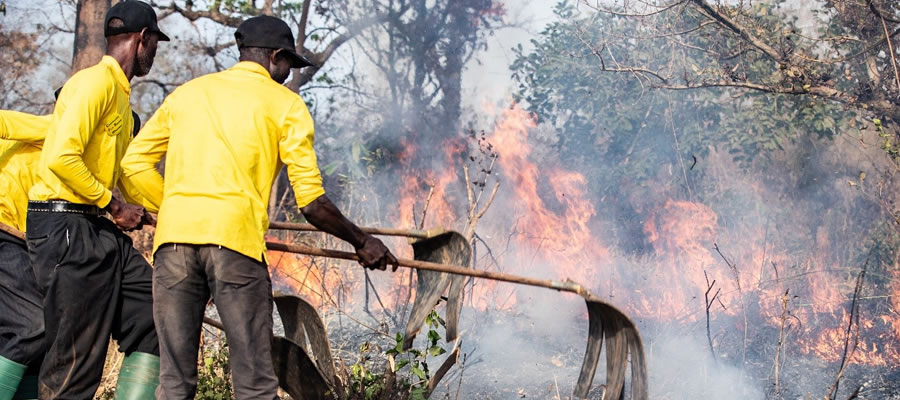
Date Created : 11/19/2024 12:00:00 AM : Story Author : Gilbert Azeem Tiroog/Ghanadistricts.com
The Forum for Natural Regeneration (FONAR), an environmentally focused non governmental organisation has organised a two-day training of trainers’ workshop for personnel of the rural fires department of the Ghana National Fire Service (GNFS) in the Upper East Region.
The personnel numbering 15 and drawn from the Regional level, and the Nabdam and Talensi Districts of the GNFS, were equipped with the concepts and principles of
Community-based fire management, community fire awareness and preparedness measures and the impact of bushfires among others
The training also aimed at increasing their understanding of concepts and principles, expanding their knowledge of current bushfire policies and legislations, improving their expertise on the use of basic bushfire fighting techniques and tools and strengthening their capacity to deliver on their mandate.
The workshop formed part of FONAR`s community bushfires management activities in the Nabdam and Talensi Districts, being funded by Awaken Trees Foundation of Austria.
Mr. Sumaila S. Saaka, the Executive Director of FONAR, addressing noted that annually, bushfires destroy thousands of hectors of forest and woodlands in the country and up to 90 percent of the total area of the dry northern Savannah zone was prone to annual bushfires.
The resultant effect, Mr. Saaka recounted, was lost of tree cover, loss of economic and medicinal trees, land degradation and loss of livelihoods by the already deprived communities.
He bemoaned that the harmful effects of bushfires could no longer be considered solely the product of a long dry season or human carelessness but it also brought bare the inability of key national sector players like the GNFS, Forestry Commission, and the Environmental Protection Agency to limit the spread and minimise the damage of bushfires.
Mr. Saaka said effective fire control required early warning systems and adequate fire-fighting equipment and it was important government provided resources for agencies like the GNFS to enable them commit to the fight against bushfires to limit its devastation effect.
Deputy Chief Fire Officer (DCFO), James Owusu Agyei, Director of Rural Fires in a speech read on his behalf revealed that there has been an increasing intensity of bushfires, drought and floods in the country.
According to him, since 2020, the country had recorded a total of 3,553 bushfires despite measures put in place by the GNFS to sustain and create awareness of the public on the impact of bushfires on businesses, the economy and livelihoods of affected people.
“It is very obvious that the responsibility of controlling and managing bushfires no longer reside in the domain of the Service alone but rather on all stakeholders, community members and farmers,” he added.
He noted that the work and research of FONAR had come out with the most recent and appropriate ways of dealing with bushfire management and urged the participants to be good ambassadors and transfer the knowledge gained during to help reduce incidents of rural fires.

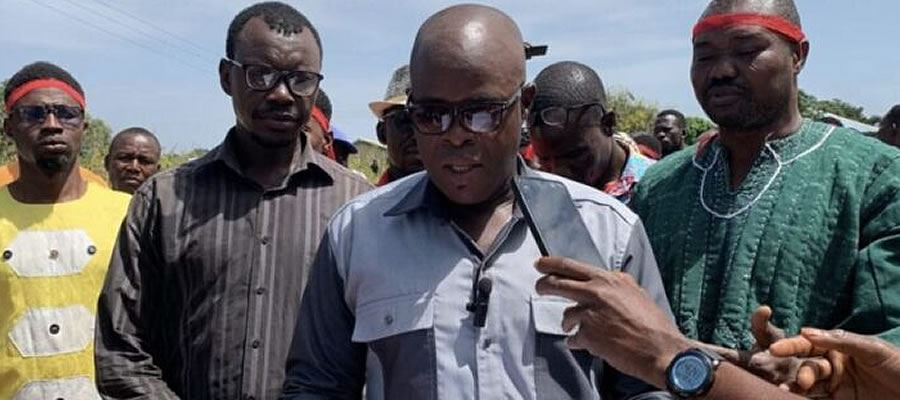
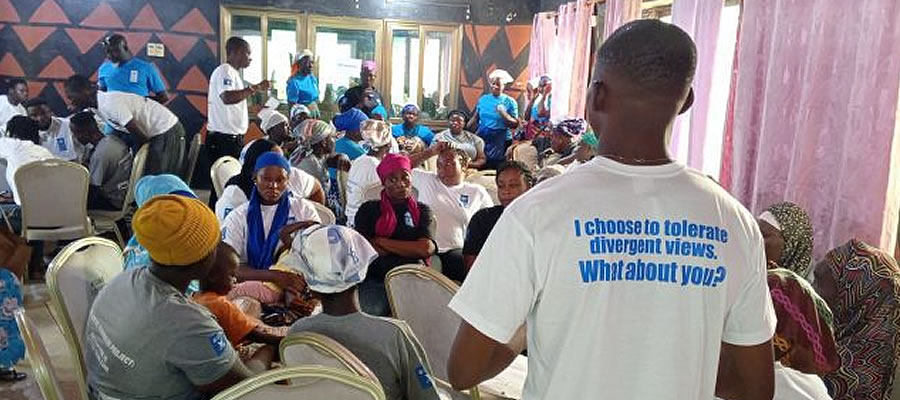
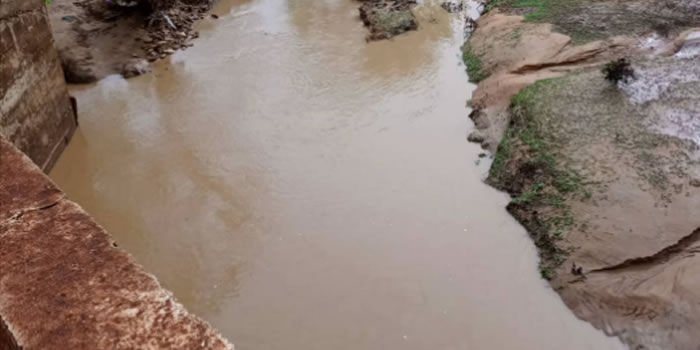
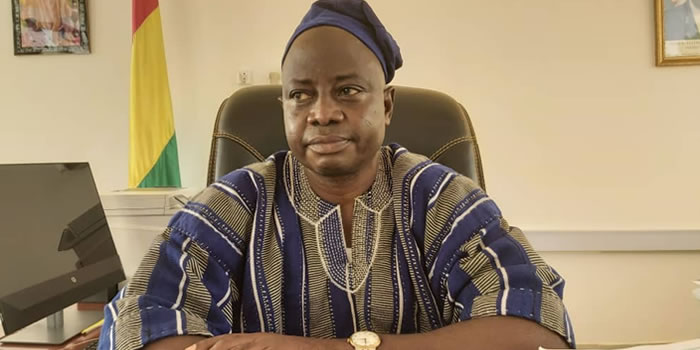
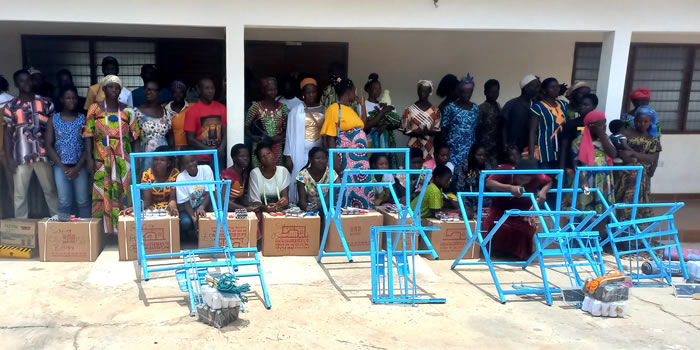



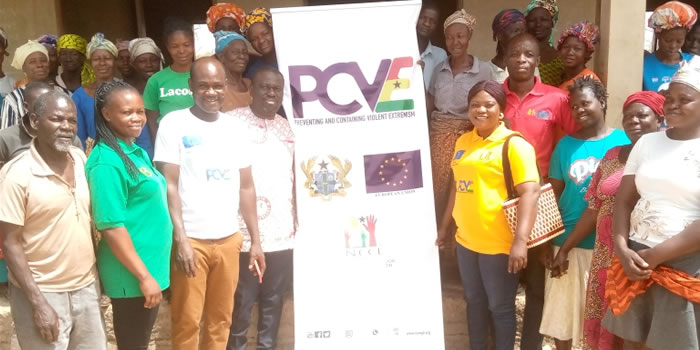
 facebook
facebook
 twitter
twitter
 Youtube
Youtube
 +233 593 831 280
+233 593 831 280 0800 430 430
0800 430 430 GPS: GE-231-4383
GPS: GE-231-4383 info@ghanadistricts.com
info@ghanadistricts.com Box GP1044, Accra, Ghana
Box GP1044, Accra, Ghana